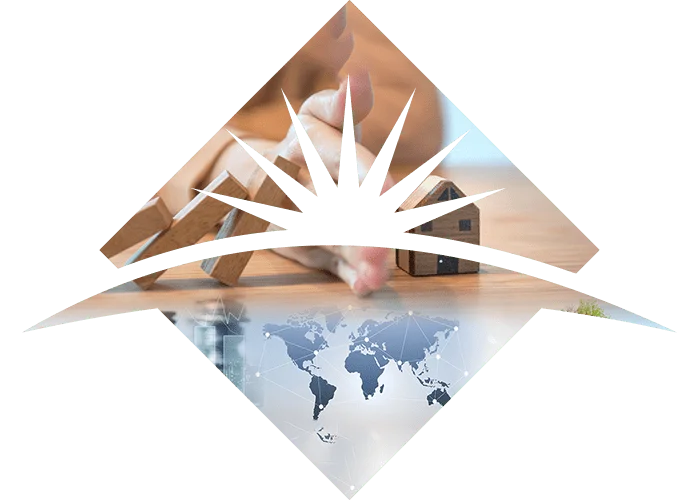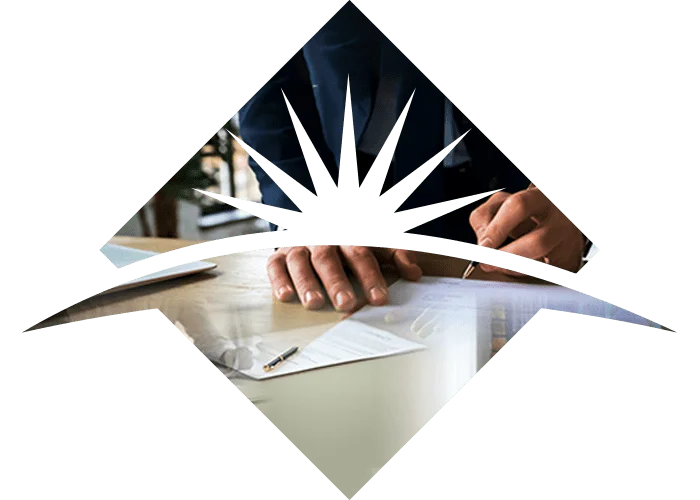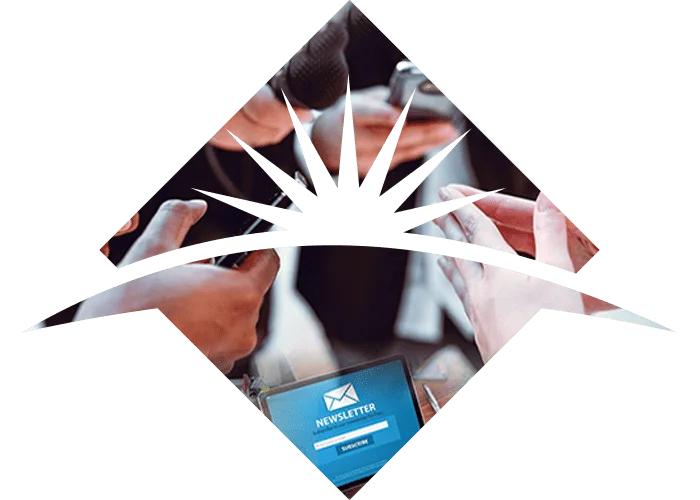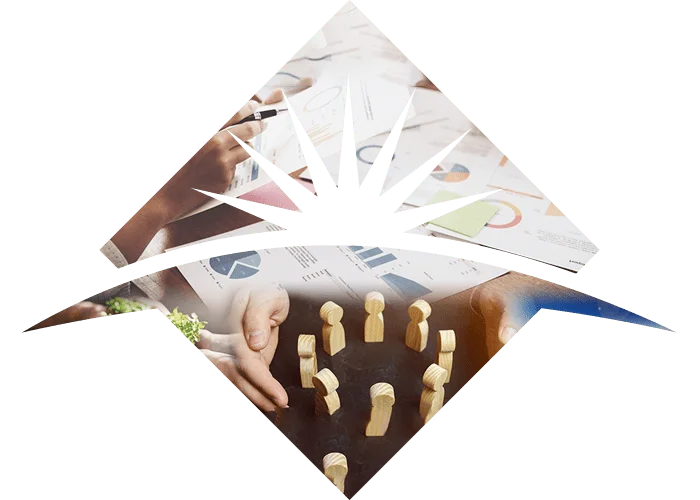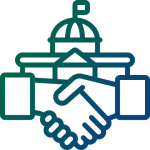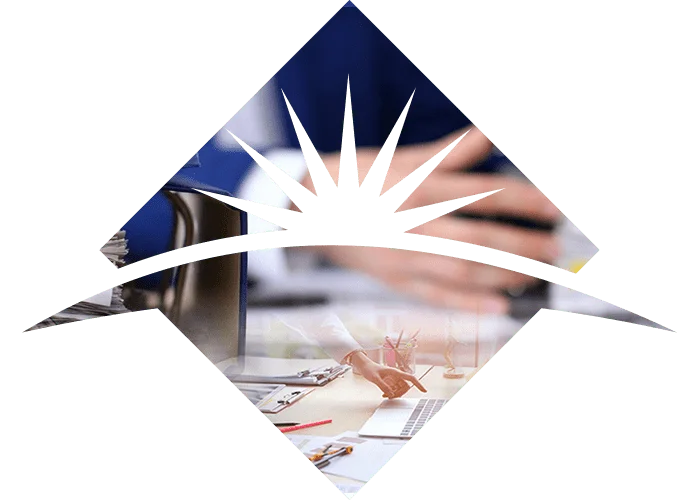Gender Safeguards
Gender equality and inclusion are placed at the core of all NDRMF operations. NDRMF is committed to achieving gender equality and inclusiveness by ensuring promotion and protection of human rights of women, girls, boys, men and PWDs in risk and risk-free environments. All genders, irrespective of their religious and ethnic affiliation, cast and creed and/or any disability, they equally participate in project cycle management as well as, equally benefit from projects financed through NDRMF.
Gender, DRR, and Climate Change Policy Statement
- Promote gender sensitive measures within the organization to facilitate both women and men staff members to work in an inclusive and gender-fair environment
- Ensure that by adopting a gender mainstreaming approach both internally and externally, NDRMF achieves greater, sustainable, and equitable climate change and disaster risk resilience results; Build equally women and men’s resilience and ability to address disasters, and to ensure that women and men equally contribute to, and benefit from activities supported by NDRMF
- Contribute to reducing the gender gap in climate change and disaster exacerbated social, economic and environmental vulnerabilities
- Encourage the process of gender learning and cooperation with external partners
DRR Focused Interventions
- MHVRA inclusive of gender and climate change vulnerabilities.
- Community Based Disaster Risk Management (CBDRM) are developed and implemented to reduce disaster risks of people living in or at-risk
- Retrofitting of social sector buildings (education and health sector public sector buildings) are made safe against disasters and resistant to multiple hazards aiming to enhance gender inclusive protection through maximizing access to these services.
- Gender-responsive National and Sub-National Emergency Response Plans (gender-responsive) and Early Warning System are established and operationalized.
- Capacity building of Public and Non-Public Sector FIPs on gender and DRR in general and developing gender sensitive disaster response plans in specific.
- Engendering and sharing best practices and knowledge products for building the resilience of men, women boys, girls and persons with disabilities (PWDs).
- Introducing participatory accountability mechanisms aiming at gender inclusive decision-making processes at the community and policy levels through programs and projects implemented in collaboration with FIPs.
Gender Toolkit
Gender mainstreaming is fundamental to NDRMF’S objectives and guiding principles, including through engaging women and men of all ages as stakeholders in the design, development and implementation of strategies and activities to be financed. The first Gender Toolkit prepared by National Disaster Risk Management Fund (NDRMF) was aimed to ensure gender integration through programming and projects financed by NDRMF.
This toolkit includes guidance on how to undertake a gender analysis, what needs to be done to ensure gender is mainstreamed at different stages of project cycle, how gender can be integrated into the Results Framework, data collection, and usage for enhanced impacts, and effective performance measurement mechanisms contributing to overall improved compliance monitoring.

